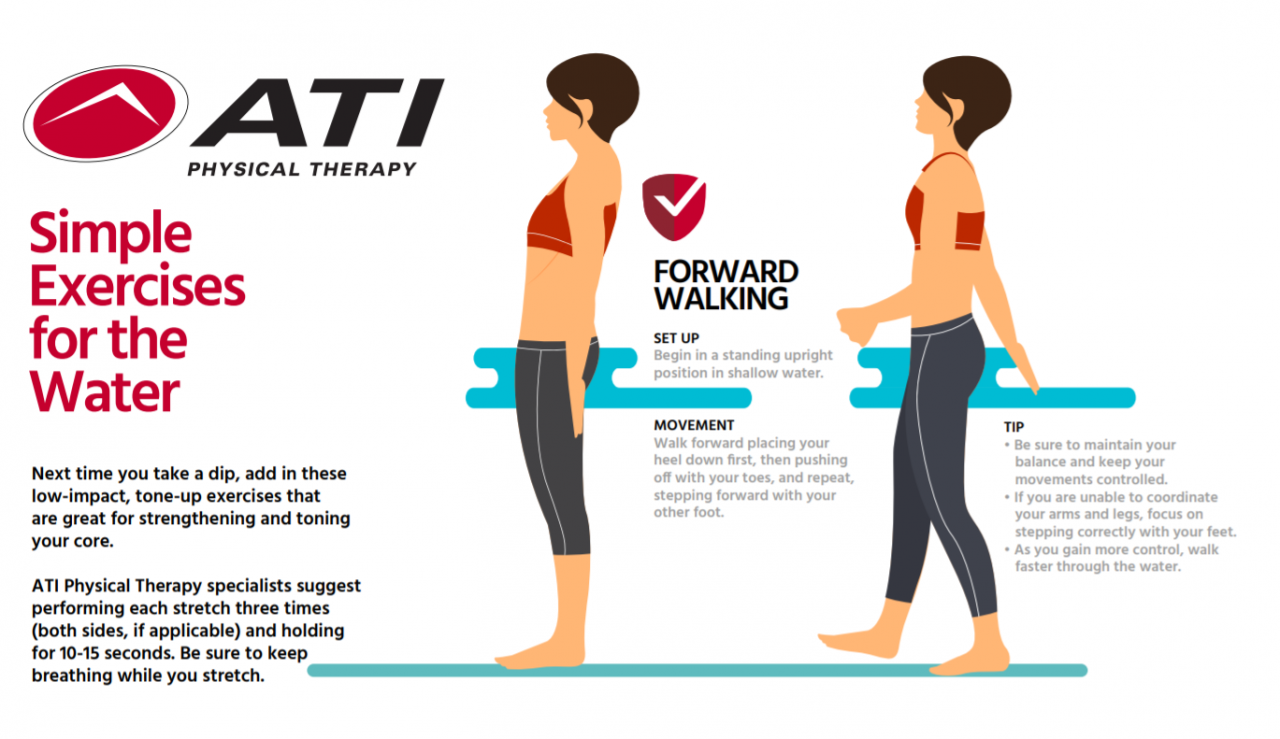
If you are too lazy or inefficient to cook, then you might be interested "lazy" meals. Such food items contain zero calories and are the perfect solution to your cravings. Drinking cold water before meals will curb your hunger and limit your temptation to snack. Stress, food intolerances, gastrointestinal problems, and other foods should be considered. These are all factors that can prevent you losing weight. These are some tips to help you lose weight quickly.
Drinking cold fluid reduces the temptation to eat
Some cultures believe that cold water can lead to imbalance in the body. There are many health benefits to drinking cold tap water. However, this may not be beneficial for people with certain health issues. While cold water has less health benefits than room temperature water, cold water can still provide great hydration and a refreshing feeling. Your doctor should be consulted to confirm that you aren't experiencing digestive problems or losing weight moderately.

Stress
One of the best ways to lose weight without trying is to reduce your stress levels. Reduce stress is an easy way to lose weight. But you must be mindful of how stress can affect your health. Before you make any changes in your lifestyle, consult your doctor. Also, consider making lifestyle changes to decrease stress.
Food intolerances
You may have difficulty losing weight due to your diet. You could have intolerances to dairy and gluten, or be allergic to certain types of food. These intolerances can lead to fat storage rather than burning. To reap the benefits, you don’t have to be a dieter.
You may be suffering from an illness that can affect your digestive system
Digestive tract disorders can make your body less energetic and cause a reduction in appetite. Crohn’s disease and ulcerative collitis are the two most common. Crohn's disease affects all parts of the digestive system, including large intestine. Crohn's can cause severe inflammation, ulcers, and can lead to nausea and difficulty eating. These diseases can be extremely painful and can lead to malnutrition.

Unexplained weight losses can be caused due to medical conditions
Many different medical conditions can cause unexplained weight loss. For instance, men are more likely to have pancreatic or stomach cancer than women, and people with endocarditis have higher body temperatures and less appetites. Endocarditis boosts metabolism and helps to burn fat. While endocarditis may not be common in healthy men it is more common among people with heart disease. Endocarditis is treated with antibiotics or surgery. Talk to your doctor if your weight loss exceeds 5% of your baseline weight. Your doctor will be able to determine if you have an underlying medical condition. They can also review your medical history and order imaging tests to rule out any other medical conditions.
FAQ
Is there any difference between intermittent fasting and calorie restriction?
Calorie restriction refers to eating less than what your body requires. Intermittent fasting is different because it doesn't involve restricting calories. Instead, Intermittent Fasting is about eating fewer calories per day.
Intermittent Fasting is more efficient because you can enjoy the foods you love without feeling guilty.
Each method has its pros and cons. You have to decide which method you prefer.
What side effects can intermittent fasting have?
Intermittent fasting is safe and has no side effects. However, if you don't plan properly, you might experience some minor issues.
For instance, if breakfast is skipped, you might feel uneasy all day. It is possible to experience headaches and muscle cramps.
These symptoms usually disappear within a few days.
What Weight Loss Can You Expect In One Week?
The amount of weight you can lose depends on your current body fat percentage. You need to determine how much weight loss you are looking for. Your BMI is a measure of how much weight you need to lose. If your BMI is 25 or greater, you're overweight. If your BMI is 30 or higher, you're obese.
For example, if 200 pounds is your BMI, it would be 28.7. To drop to a healthy range of weight, you will need to lose approximately 70 pounds. To see if you're overweight, visit www.healthyminds.com/bmi/.
Once you know your BMI, you can use this formula to figure out how many pounds you'll lose per week:
(Your Goal Weight - Current Weight)/BMI * 7 Number Of Pounds Lost Per Week
To lose 50 pounds in a month, you would need to exercise for 2 weeks. That's 56 days divided by 7 pounds per day. That's 8.3 pounds per week.
You could also try this calculator from www.weightlosscalculator.net. It will provide an approximate amount of calories that you would need daily to lose one pound per month.
How Much Exercise is Required to Lose Weight?
The amount of exercise needed for weight loss depends on several factors, including age, gender, body type, and how much you weigh. However, generally speaking, most people need at least 30 minutes of moderate physical activity five days per week.
The American College of Sports Medicine recommends that you do 150 minutes of moderate intensity aerobic activity per week. This should be spread over three days.
You can lose 10 pounds by doing 300 minutes of moderate-intensity exercises each week, for example. This includes activities such brisk walking and swimming laps, bicycling, dancing, playing tennis or golfing, hiking, running, jogging and other similar activities.
If you're just starting out, consider doing 20 minutes of vigorous activity thrice weekly. These activities could include sprints and lifting weights.
Aerobic exercise can help burn calories as well as build muscle mass. Muscles can burn more calories that fat. So building muscle can help you lose weight faster.
Statistics
- According to a study sponsored by the American Council on Exercise, a person weighing around 140 pounds (64 kg) would burn 108 calories at a 30-minute beginner's Pilates class or 168 calories at an advanced class of the same duration (26). (healthline.com)
- One 6-month study showed that simply doing 11 minutes of strength-based exercises 3 times per week resulted in a 7.4% increase in metabolic rate, on average. (healthline.com)
- Another study found that 24 weeks of weight training led to a 9% increase in metabolic rate among men, which equated to burning approximately 140 more calories per day. (healthline.com)
- According to Harvard Health, it's estimated that a 155-pound (70-kg) person burns roughly 112 calories per 30 minutes of weight training (5). (healthline.com)
External Links
How To
How to exercise to lose weight
The best way to lose weight is through exercise. Many people do not know how they should exercise. You should do cardio exercises, such as swimming, running, walking, swimming, etc., as well as strength training exercises, such as pulling up, pushingups, pull-ups and lunges. Combine these two types together to lose weight. Start exercising and find friends to support you. You can either go to the gym or walk around your local area. It doesn't matter what activity you choose; just make sure you do it consistently. It's very easy to get off track when you first start working out, so don't give up if things aren't going well right away. Keep going.